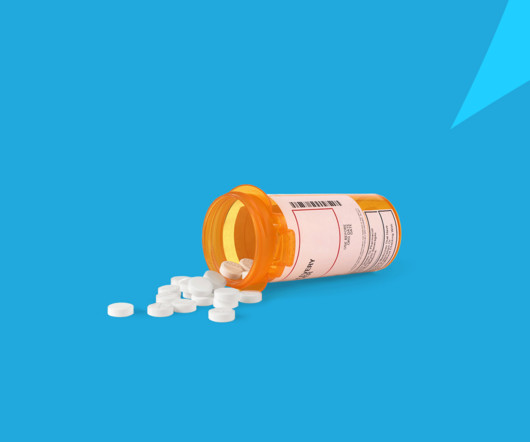How to counsel your patients with long COVID
The Checkup by Singlecare
FEBRUARY 15, 2024
Nearly half of the people who have had COVID-19 are still dealing with health issues four months after they’ve recovered, and this includes those who didn’t need to stay in the hospital. Severe initial COVID-19 infection: Those who had severe symptoms or were hospitalized may have a higher chance of developing long COVID.













Let's personalize your content